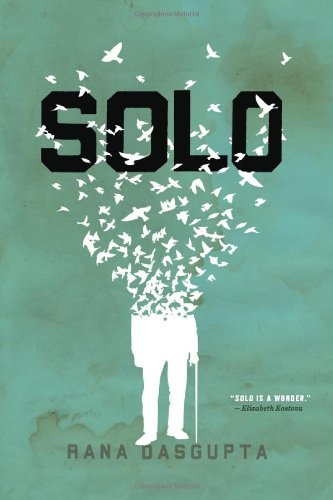Solo
Elderly, blind Ulrich lives in a run-down apartment near the train station in Sofia, Bulgaria, where the roof leaks and the cacophony of people passing through disturbs his sleep. As seen from the outside, he leads a lonely existence, tended to by his neighbors who dutifully visit his apartment to deliver meals and groceries. As Ulrich nears his hundredth birthday, his interior life begins to take flight. Ulrich reveals memories of his youth in Sofia, his young adulthood and education in Weimar Berlin, and his return to Sofia. In his mind’s eye, he also sees fantasies of his spiritual children — products of post-communist Bulgaria and Georgia who struggle with the changes in their society as Ulrich struggled with the rise of communism in his youth.
The themes of the novel seem pedestrian on their own — the power of art and science to transform lives, connection and loneliness, ways that society shapes its inhabitants. In Dasgupta’s gifted hands, however, these themes are transformed into a meditation on the human condition as manifested through the life of one sadly ordinary man. Ulrich had opportunities, but was unable to grasp them fully. In the latter portions of the book, we meet several other characters who are given opportunities that Ulrich could not have imagined. They succeed where Ulrich has failed — or do they succeed because Ulrich has failed? Dasgupta does not give the reader easy answers, only suggestions that the reader must connect and interpret.
Solo is thought-provoking and well-written. I’ll be looking for it on critics’ lists of the best novels of 2011.










